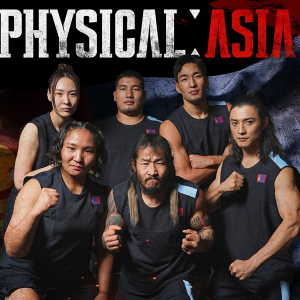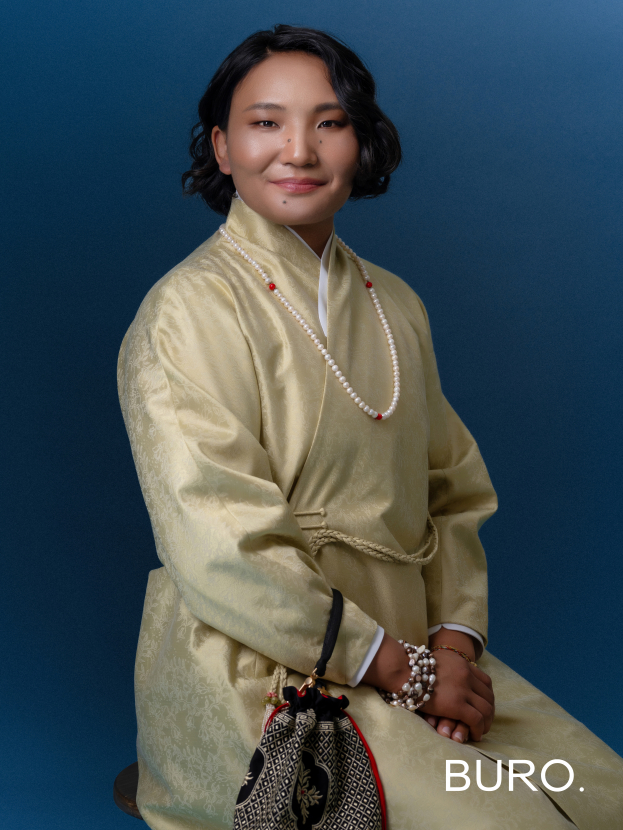
Physical: Asia participant Adiyasuren: “I believed in my team more than I believed in myself.”
Netflix's latest project, Physical: Asia, brought together top international athletes in a truly exceptional competition. Among them, representing Mongolia and showing the world the strength and endurance of Mongolian women, was Adiyasuren Amarsaikhan, a member of Mongolia's national judo team.
What kind of child was Adiyasuren when she was young? How did her judo journey begin?
When I was young, I was a very quiet and modest child. My judo journey began in September 2014, when I moved from Bayan-Uul soum to Ulaanbaatar city. I had known about judo as a sport, but I had never seriously thought about practicing it. It was actually my family who first suggested it, as I was relatively bigger than other children my age. My parents said, "Why don't you try wrestling?" - and that was how I began training in judo under coach G. Erdenebat.
What kind of character traits do you think judo has helped you develop?
I have learned so many things. I believe it has taught me to respect others, respect myself, and to carry myself properly in public. It also taught me to be persistent and develop strong patience and endurance.
Looking back on the 2024 Summer Olympics in Paris and your journey to becoming an Olympic-level athlete, what were the biggest challenges you faced?
At the time of the Paris Olympics, I felt as though I was trapped inside a box. Everything was new and unfamiliar, and I was extremely nervous, which made it hard for me to fully express myself. I don't think I was able to show my true potential or deliver my best performance.
At the same time, one of the greatest challenges on my path to becoming an Olympic-level athlete was earning a spot on the national team. Training for the first time alongside seasoned senior athletes was incredibly difficult and demanding. In order to be selected, winning a gold or silver medal at the national championships was essential, so every step of the process felt like a major challenge.
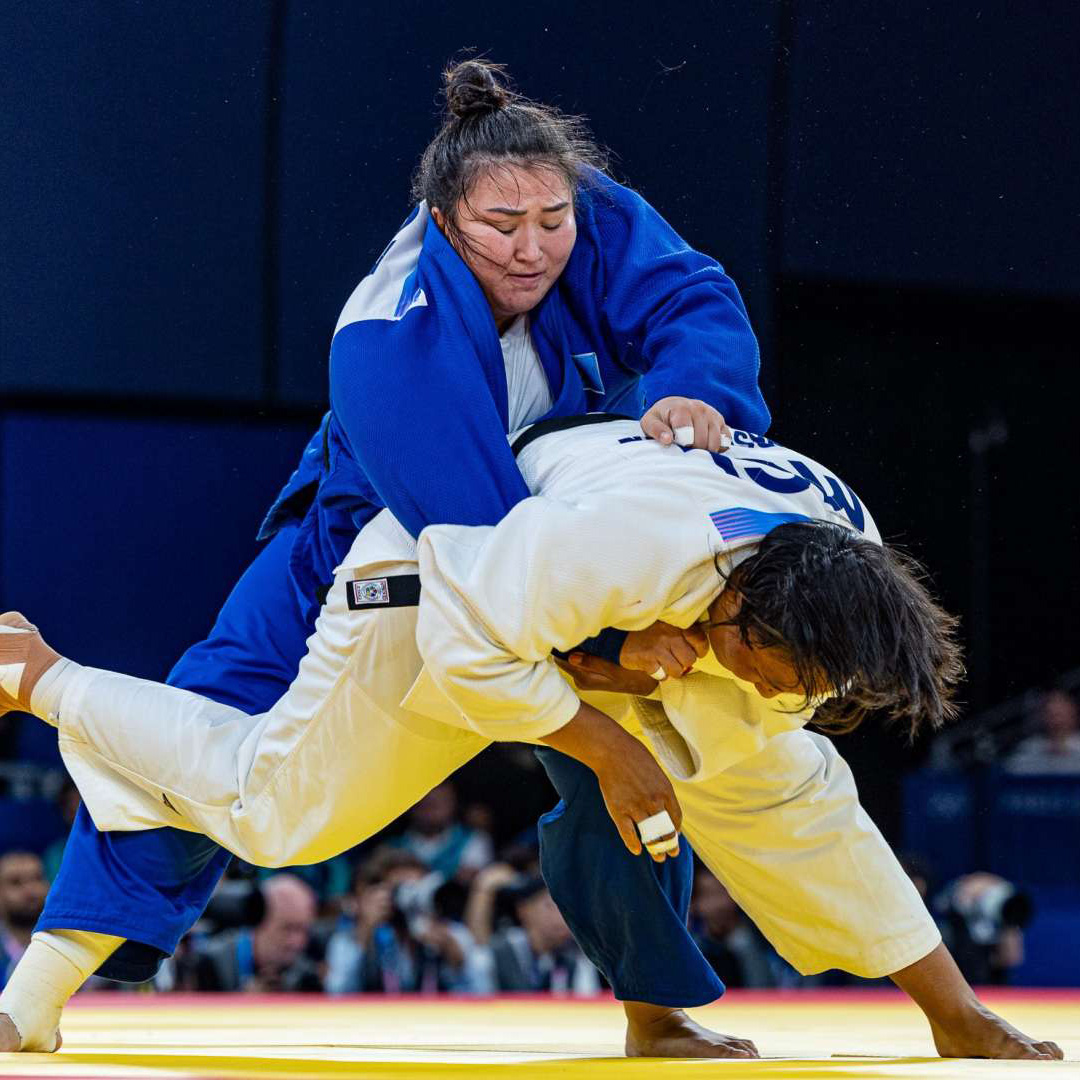
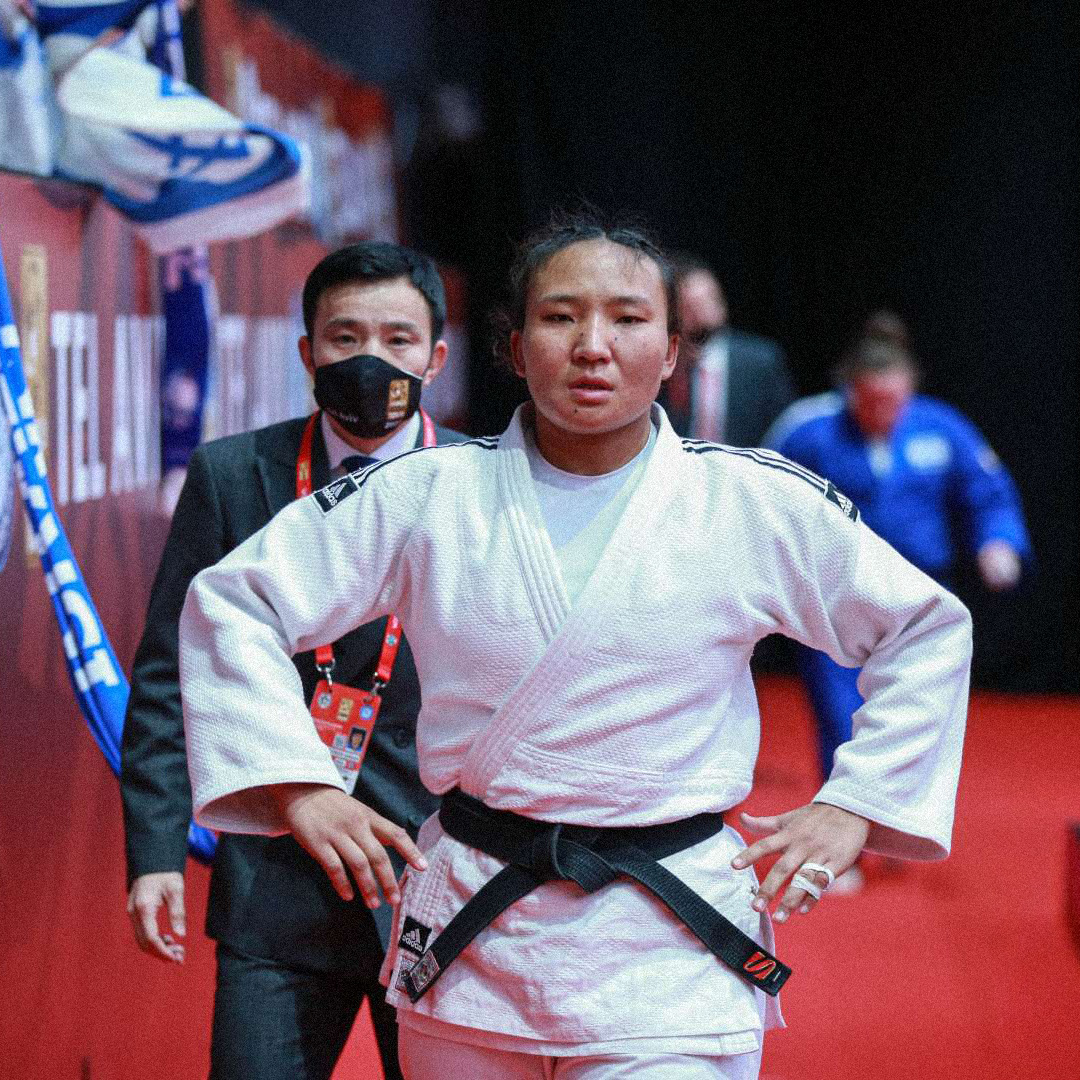
Could you share the story of how you came to represent Mongolia in one of Netflix's most talked-about projects, Physical: Asia?
A large number of people went through the selection process before the final participants were chosen. The audition in Mongolia was organized by Spark Agency. I heard that everyone had to take different tests, and weight classification was also extremely important. For example, if I hadn't made it onto the team, my senior G. Khandsuren might not have been able to join either. Even a change in one person's weight among the six participants could have affected the overall lineup.
In my case, I went through an interview and received confirmation that I had been selected.
How did you feel when you found out you had been selected?
To be honest, my first reaction was fear, and I immediately felt like quitting. I even said, "Oh, I can't do this" (laughs). When I told my coach, he said, "How can you do it when you have a competition coming up?" - so he didn't really encourage me either. Since I couldn't really go against my coach's words, I just said, "Okay then, I'll drop out."
But the agency had already spoken with the Mongolian Judo Federation and arranged everything on their side. So in a way, it felt like fate that I ended up joining the show.
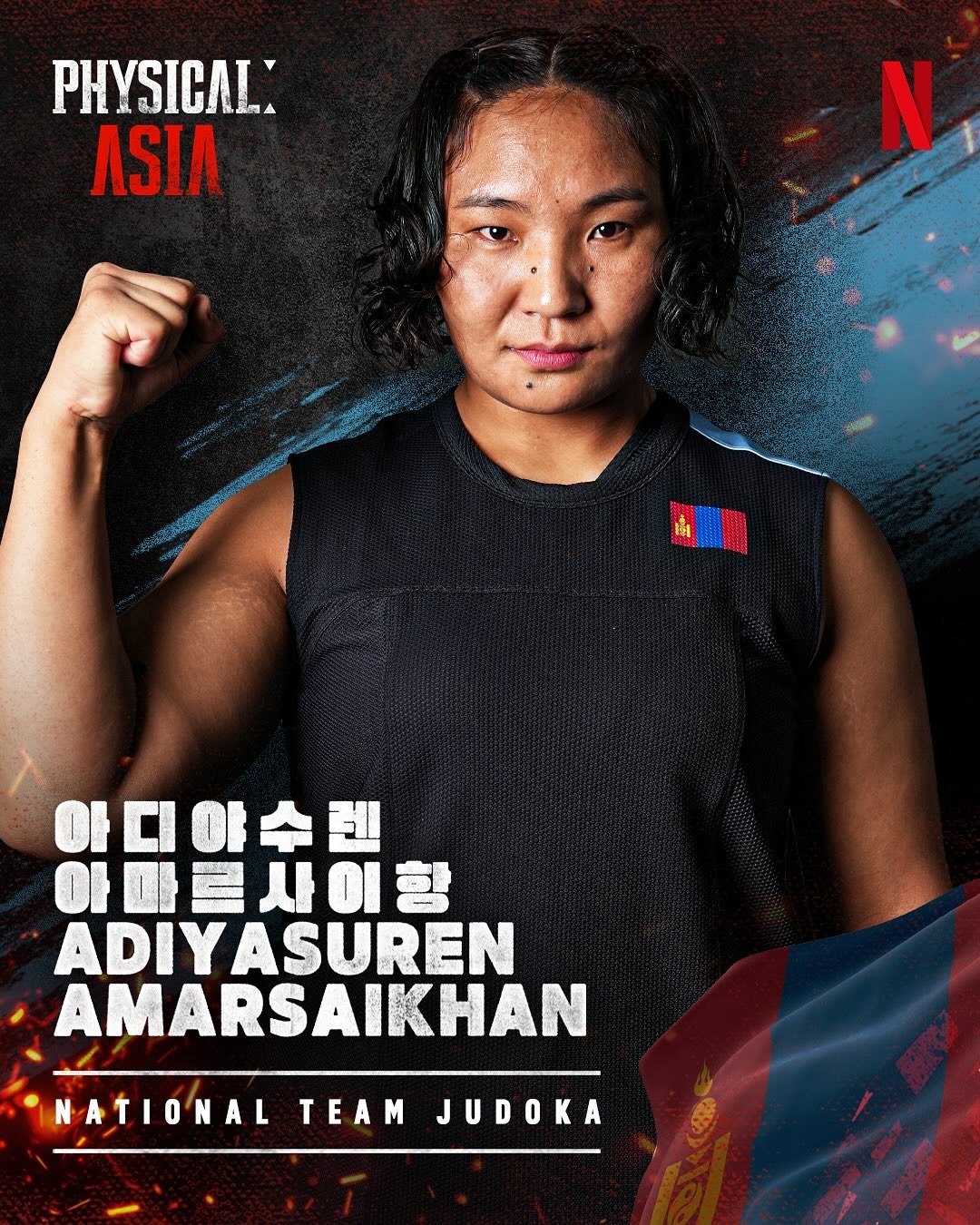
How did your family react to the news?
When they first heard it was a show, my father wasn't very happy. He just told me to focus on my training. But after the program was released and he saw that I had taken part in such a big show and was representing Mongolia on a global stage, he felt truly happy and proud of me.
On the first day of the competition, when filming began and you saw the participants from other countries, what was your impression?
Because I am a heavyweight athlete, I expected that every team would have a heavyweight female competitor as well. But when I arrived, there were hardly any heavyweight female athletes. Most of them were CrossFit athletes - they had strong, toned bodies and were really beautiful. And at that moment, I thought to myself, "What have I gotten myself into?" (laughs)
Did you feel a great sense of responsibility while competing?
Because I wasn't participating alone but as part of a team, it was relatively okay. It actually made me feel more hopeful. I believed in my team more than I ever believed in myself.
Of all the challenges you were assigned, which one was the most difficult?
All of them were extremely difficult. But the hardest, without a doubt, was the 100 rounds. Since it was an elimination stage, the moment you stop, it's over. I kept telling myself, "I simply cannot stop." I knew that if I made a mistake at that stage, I would later feel deeply ashamed, frustrated, and discouraged when looking back on it.
So I had no choice but to push forward. Beside me, B. Orkhonbayar and G. Khandsuren were cheering me on, and I was supporting them as well. We truly kept moving forward without stopping.
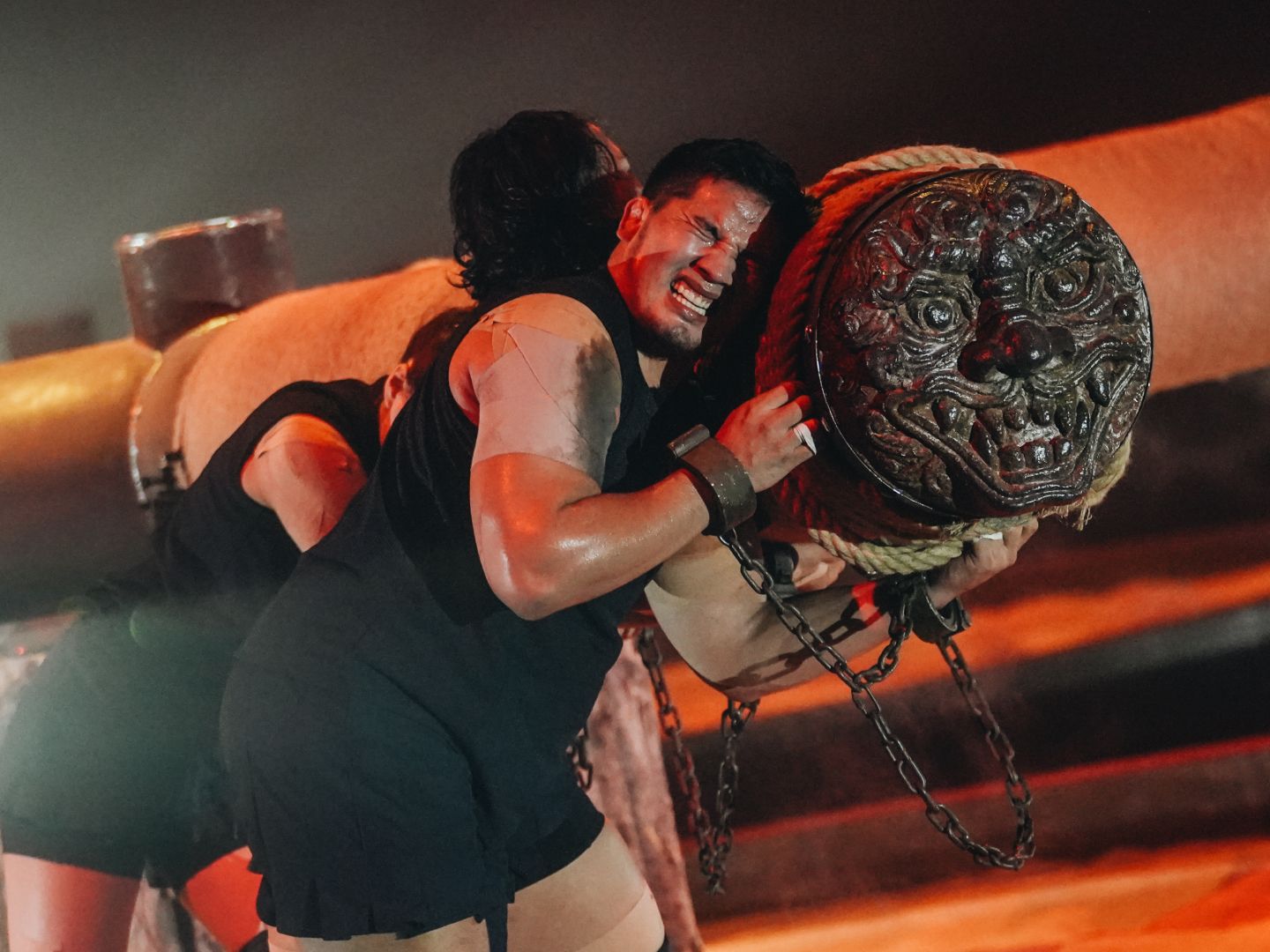
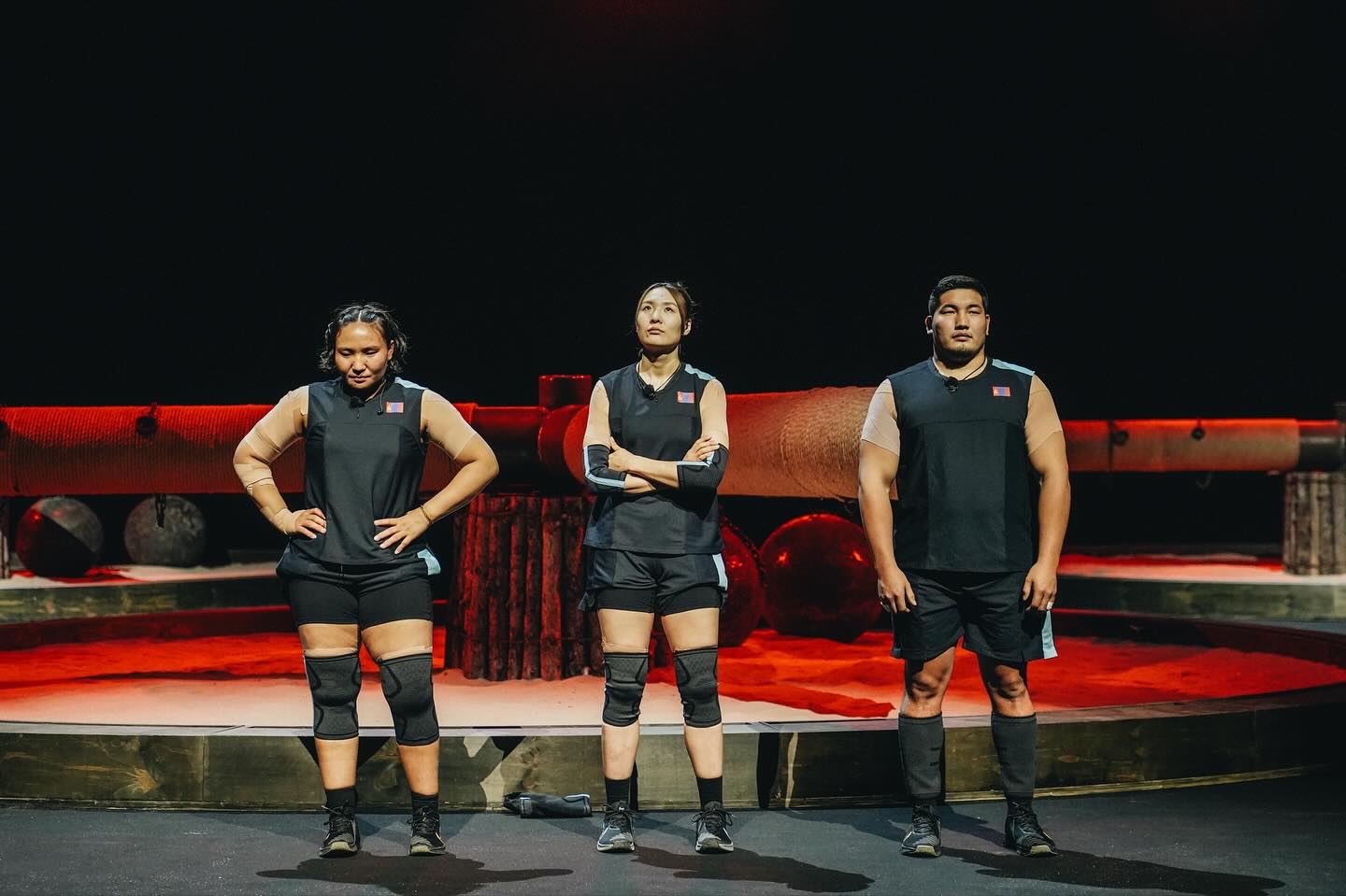
At that stage, you were tied with the Australian team. What did it feel like in the moment when the winner's light finally shone on the Mongolian team?
All I could think was, "Oh my..." It felt absolutely amazing. The sand, the metal chains, the handcuffs on my wrists - I just wanted to kick everything away and run out (laughs). And when everything was finally over, the feeling that came with wanting to cry was simply beautiful.
Many people created and shared edits of the Mongolian team on Instagram and TikTok. Did you see them?
There were some really amazing edits. They showed me from a completely different perspective. I never really thought of myself that way, nor did I feel I had that kind of image. But after taking part in such an incredible show and discovering a new side of myself - and seeing that people viewed me as a strong Mongolian woman - it made me feel truly proud.
The stone totem endurance challenge, especially the moment where you were competing against the Turkish team, received a lot of attention online.
That's true. At the time, it was incredibly difficult, but when I watched it later, it actually looked very powerful and exciting. When I saw that episode on Netflix, I thought to myself, "Wow... I didn't even know I could look at someone like that" (laughs).
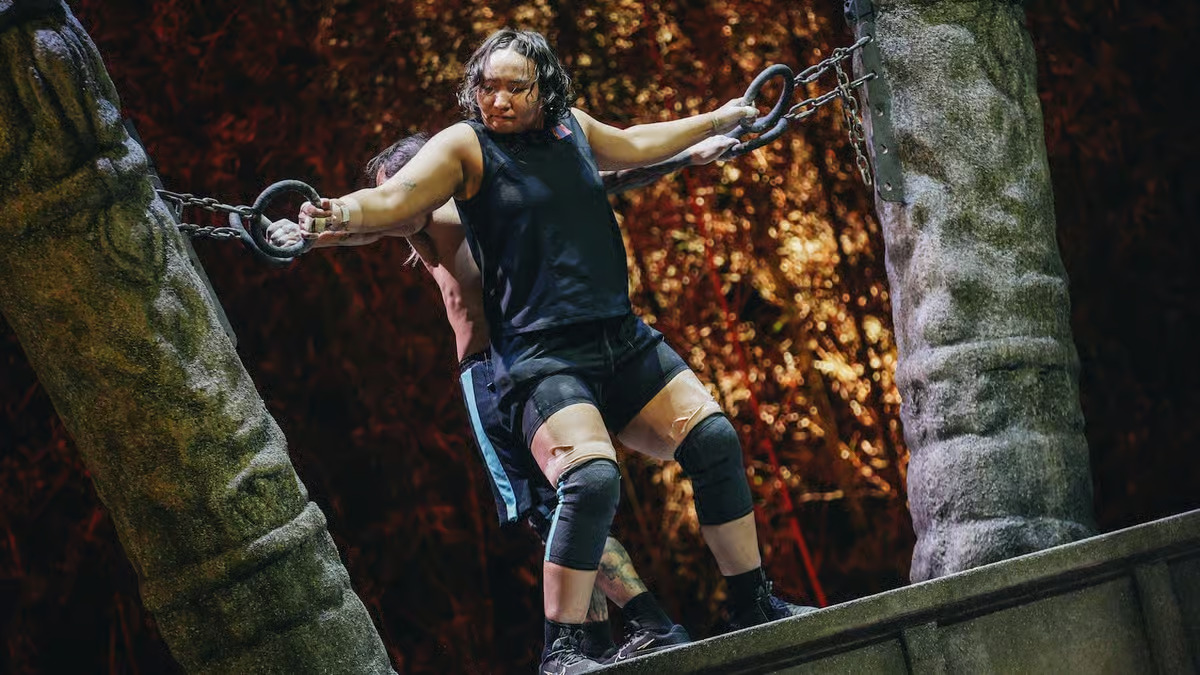
Did growing up in Mongolia give you an advantage in this competition?
Absolutely - it was a huge advantage. I grew up in the countryside and come from a nomadic background, so I'm able to withstand both cold and heat. I believe that my ability to adapt to harsh conditions helped me a lot in this competition.
Which team did you grow the closest to among the participants from other countries?
Rather than becoming especially close, I was simply very happy to be in the same competition as the judo athlete Soichi Hashimoto, whom I deeply respect and admire. We even taught him a few Mongolian words: "yanziin" (laughs)
But more than that, I grew very close with my own teammates. Before the competition, we hardly knew each other, but once we arrived there and got to know one another, we became just like a family. That's what I'm most grateful for.
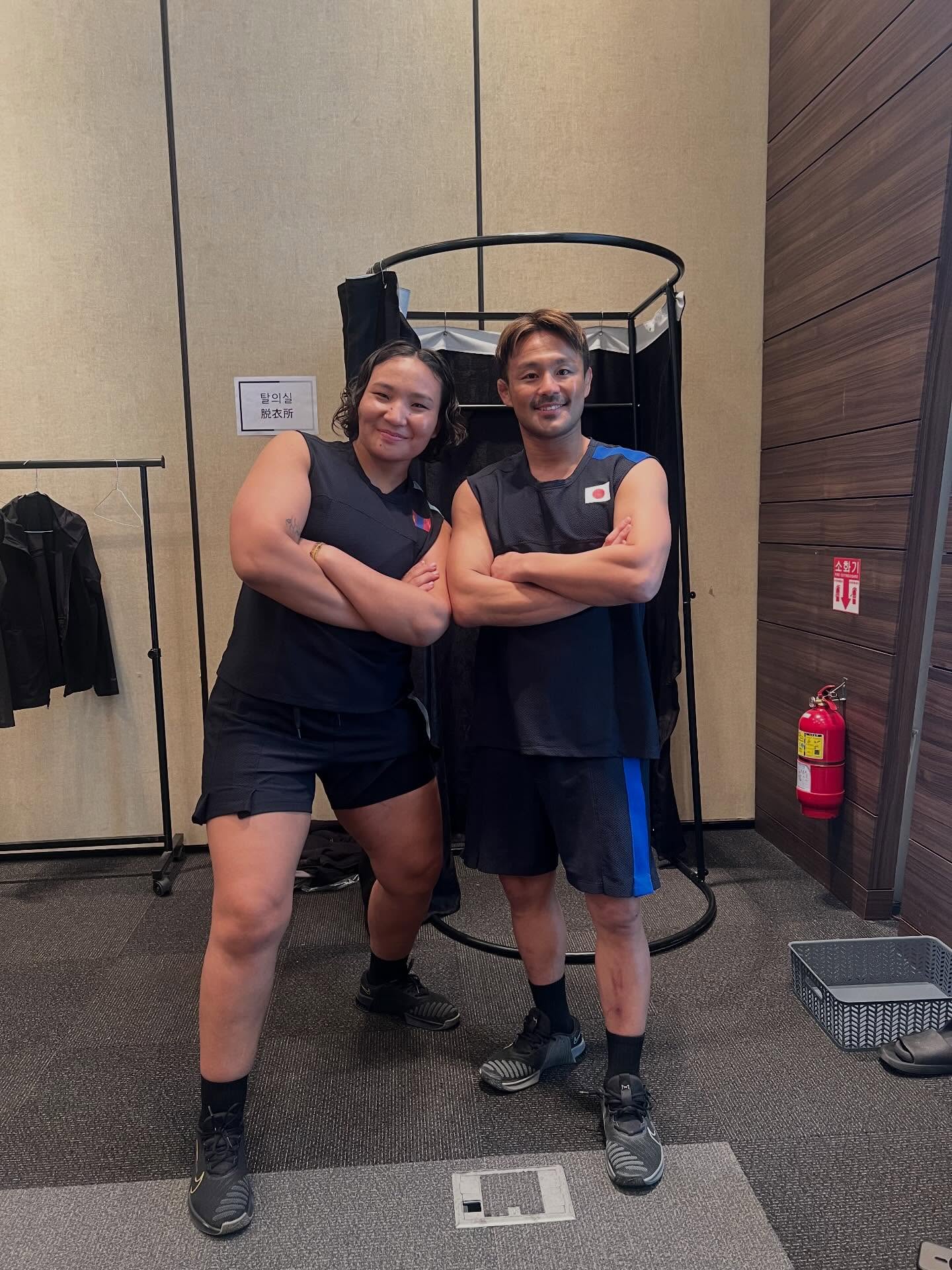
What kind of advantage did being a judo athlete give you in this competition?
Judo athletes train across many different types of exercises. One of our strongest qualities is our grip strength and overall power. That gave me a real advantage in completing the challenges. But of course, that strength didn't come overnight - I spent 11 years training to build it.
How much time was there between the challenges? Were you able to rest?
When we first arrived, Netflix warned us that once the competition began, there would be very little time for training. That’s why I tried to train with my team as much as possible before filming started. However, once the competition actually began, they gave us enough time to rest. Before each new challenge, it was necessary to recover both physically and mentally, and they scheduled the rest time accordingly. But there was almost no time for additional training.
Netflix's production crew was truly amazing. As soon as we finished a challenge, they would ask where it hurt and how our muscles were feeling. They constantly took care of us, giving massages and providing all kinds of recovery support.
From Mongolia, there were eight of us in total, including two reserve athletes. Before going, I worried a lot about how we would communicate, wondering if there would even be an interpreter. But when we arrived, they had already prepared a Mongolian translator for us. Before every challenge, we would receive detailed instructions about the task and the rules through an earpiece. There were absolutely no communication problems at all.
Could you share a funny memory related to the competition that didn't make it on camera?
Off camera, we were actually very funny together. The one who told the funniest stories was E. Dulguun, while the one who always did the funniest things was B. Enkh-Orgil. He is a very positive, pure-hearted person, so we all loved teasing him.
One of the funniest moments happened when we were told through our earpieces to "get to know the opposing team and talk about them." But Enkh-Orgil suddenly said, "Okay, now let's start the fight. Let's begin!" as if he was about to charge at them. We all just burst out laughing.
What was it like when the first episode aired?
When I first joined the show, people kept telling me, "You're all going to become stars because of this." But honestly, I didn't have very high expectations. Then, after the first episode aired, even just stepping outside the house, people started recognizing me. Especially the little kids who practice judo - they would whisper, "That's the girl!"
At that moment, I realized, "Oh... everything I do is being watched now. Even children are looking up to me as a role model. I really have to do my best."
Did you ever feel like giving up in the middle of the competition?
Oh, my teammates didn't even give me a chance to feel that way. The moment I even started to hesitate, they would say, "What are you talking about? You're so incredibly strong - why would you be tired?" They simply didn't allow me to doubt myself at all.
What was it like to be eliminated in the final stage of the competition?
After discussing it together, we used the strategy we believed was the best and gave it absolutely everything we had, but it simply wasn't enough. The Korean team was extremely tactical and very strong. Since we really did our very best, I didn't feel any regret at all. It became a beautiful experience for me.
Even now, when I think about it, it feels unbelievable - "I really took part in such a huge competition."
What was it like when the final episode aired?
Before I even realized it, the final episode had already aired. I found myself thinking a lot about the filming days. We had spent more than 20 days shooting together. So when it came time to finish the last episode and return home, I felt a deep sense of sadness. I had grown really close to everyone - the interpreter, the makeup artist, the Netflix crew - so saying goodbye to them was truly difficult.
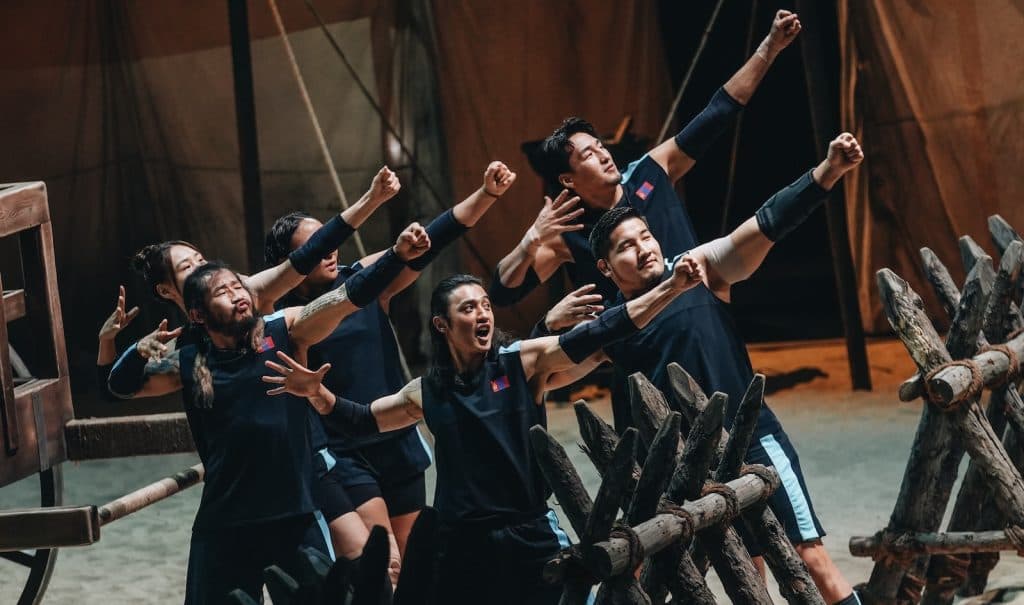
How often do you read the comments people leave?
I'm truly grateful to those who support me and leave kind, encouraging words - they mean a lot to me. At the same time, that love also comes with a great sense of responsibility. Sometimes I find myself wondering how I'm meant to carry all of that.
Judo is a sport with a very passionate global fanbase. When you lose a match, some critical comments can appear. Even when I don't want to, I somehow end up reading the negative comments too - and they can be quite hurtful. But now, there are almost no negative comments at all.
That said, no one wins all the time. If I ever make a mistake, I hope people will be gentle with me.
What do you like to do in your free time?
Judoka usually train very intensively and rarely get time to rest, so when I do have free time, I enjoy cooking a nice meal, spending time with my friends, and watching movies or TV series. I really love Hawaii Five-0. When I was younger, I actually wanted to become a police officer, so I started watching it from a very young age. Recently, I even finished all the seasons.
Do you have a boyfriend?
Oh, no - I don't. I don't even really have crushes on famous people either. I truly don't (laughs).
What advice would you give to children who are currently practicing judo, or who want to start?
I want them to be goal-oriented and persistent. I would tell them to always believe that they have much more strength within them than they imagine.
Thank you for taking the time to speak with us.
